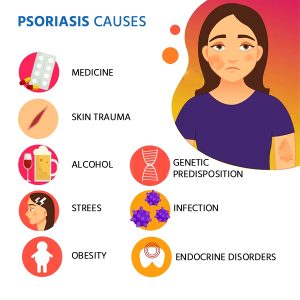The health of the elderly is also vital and should be given good attention on a daily basis. With the accelerated aging process in China, we have paid great attention to the nutrition of the elderly. Compared with the Dietary Guidelines for Chinese Residents (2016), the new version of the guidelines also adds the guideline of “senior citizens” (age greater than or equal to 80 years old). It is our duty to let every elderly person around us maintain their body functions and physical and mental health through good dietary nutrition. We should pay attention to every detail of nutrition for the elderly, and today we will talk about the role and impact of soy on the health of the elderly.
Soy contains more phospholipids for cardiovascular health
Soybeans include soybeans, black beans and green beans. Soybeans are rich in protein (35%-40%), with a composition and ratio of essential amino acids similar to animal proteins, and rich in lysine, which is lacking in cereal proteins, making it an ideal food to complement cereal proteins. Soybean fat content is about 15-20%, of which unsaturated fatty acids account for 85%, linoleic acid up to 50%, and high digestibility, but also contains more beneficial cardiovascular health of phospholipids. Soy contains other phytochemicals such as soy isoflavones, soy saponins, soy oligosaccharides, soy sterols, etc., which have a positive effect on the prevention of cardiovascular disease, osteoporosis, improvement of female menopausal symptoms, and can also reduce the risk of breast cancer in perimenopausal women.
The recommended daily consumption of 15g of soy for the elderly
In our national dietary guidelines, the elderly are encouraged to consume soy and its products regularly. The dietary guidelines recommend that seniors consume 15g of soybeans per day, which translates into a serving size of soy products, such as 44g of common northern tofu, 84g of southern tofu, 32g of vegetarian chicken, 24g of shredded tofu, 33g of dried tofu, 220g of soy milk, and 400g of tofu brain. it is recommended that seniors rotate these soy products each week and make them with other ingredients, such as tofu roasted seaweed, dried bean curd with bok choy and wood ear, thousand sheets of shredded mushroom soup, cabbage and tofu meatball soup, etc.
Soy milk is cholesterol-free and suitable for the elderly
Soy milk is comparable to milk in terms of protein, easy to digest and absorb, lower in saturated fatty acids and carbohydrates than milk, cholesterol-free, and rich in phytosterols, making it suitable for the elderly and patients with cardiovascular disease, although soy milk cannot yet replace milk because its calcium, vitamin B2, zinc, and selenium are lower than milk, so it is recommended that both soy milk and milk be consumed daily. When making homemade soy milk at home, it should be noted that raw soy milk or uncooked soy milk contains anti-nutritional factors, which can cause nausea, vomiting, bloating diarrhea and other gastrointestinal symptoms, so be sure to cook the soy milk thoroughly when making it.


